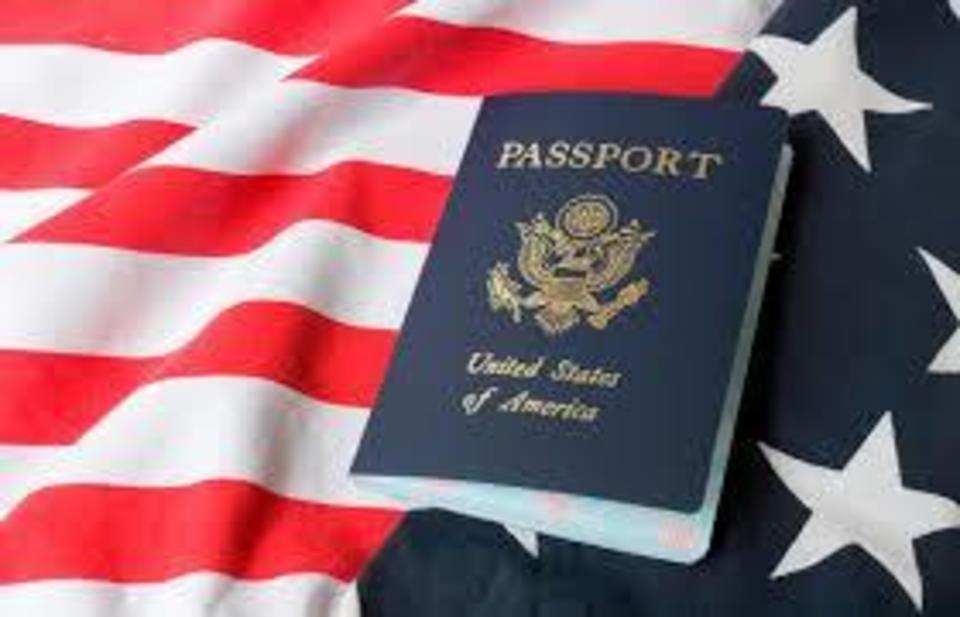Washington (CNN)President Donald Trump on Wednesday got behind a bill to drastically cut legal immigration and replace current employment based visas with a point system.
The plan mimics systems used by Australia and Canada, which Trump has often praised, in awarding points to potential immigrants based on broad categories. The 140,000 visas available annually under this system would be distributed to the highest point-getters first.
Under the plan -- if approved by Congress, which will be a heavy lift -- the highest point-getting candidate, for example, not including special circumstances, would be a 26- to 31-year-old with a US-based doctorate or professional degree, who speaks nearly perfect English and who has a salary offer that's three times as high as the median income where they are.
Have an Olympic medal or Nobel Prize? That will help too.
A candidate must have at least 30 points to apply.
Here's how the points would be doled out:
Age
Priority is given to prime working ages. Someone aged 18 through 21 gets six points, ages 22 through 25 gets eight points and ages 26 through 30 get 10 points.
The points then decrease, with someone aged 31 through 35 getting eight points, 36 through 40 getting six points, ages 41 through 45 getting four points and ages 46 through 50 getting two points.
Minors under the age of 18 and those over the age of 50 receive no points, though people over 50 years old are still allowed to apply.
Education
Points are distributed based on the highest degree a person has achieved. One point is given for an applicant with a US high school diploma or the foreign equivalent. A foreign bachelor's degree earns five points, while a US bachelor's degree earns six points.
A foreign master's degree in STEM fields earns seven points while a US master's earns eight points. A foreign professional degree or doctorate earns 10 points and a US equivalent earns 13.
English ability
Points are also given out for English ability, as determined by standardized English test.
Anyone with less than a 60th percentile proficiency gets no points. Between 60th and 80th percentile is worth six points, someone in the 80th to 90th percentile range earns 10 points, someone with a 90th percentile proficiency or above earns 11 points, and someone in the 100th percentile range earns 12 points.
Job offer?
The only point scale that factors in whether an individual actually has a job offer in the US comes in the form of salary in an effort to boost wages.
Five points are awarded if an applicant has a job offer that will pay at least 150% of median household income in the state where he or she will be employed. That goes up to eight points if the income is 200% the median income, and 13 points if it's 300% the median.
Nobel Prize
There are bonus points available for "extraordinary achievement," mainly reserved for major international awards. The system grants 25 points to someone who has won a Nobel prize or something "comparable."
Olympics
Fifteen points would be given to someone earning an individual Olympic medal or relatively competitive international sporting event.
Investors
The bill would eliminate a category of visas that spurred foreign investment in the US, the EB-5 program, which was used by Trump's son-in-law Jared Kushner's family businesses to build major real estate projects.
That concept is represented by awarding six points to an applicant who invests $1.35 million into a "new commercial enterprise" in the US, maintained for three years and with that individual holding management of that business as his or her primary application. The points go up to 12 if the investment is $1.8 million.
Spouses
The bill also requires applicants, if they want to bring a spouse with them, to calculate the points the spouse would earn under the same rubric.
Source:http://edition.cnn.com/2017/08...

